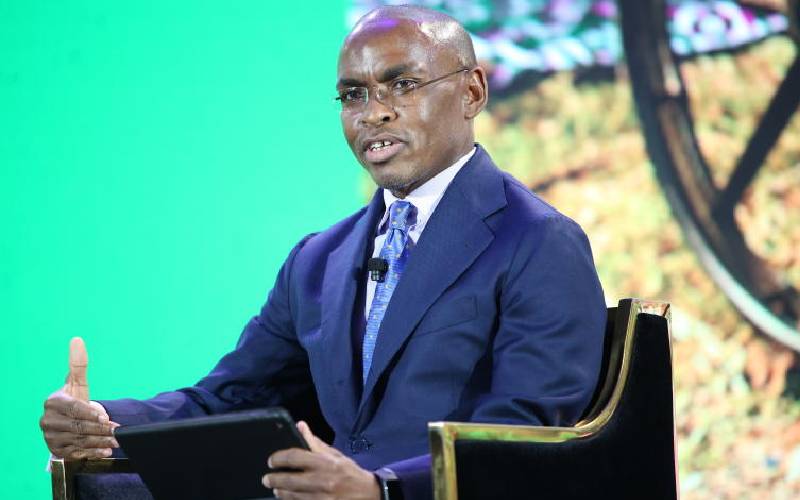×
The Standard e-Paper
Join Thousands Daily

Safaricom CEO Peter Ndegwa.[Wilberforce Okwiri]
Safaricom has recorded the highest share price since listing at the Nairobi Securities Exchange (NSE), on news that the company was venturing into the Ethiopian market.